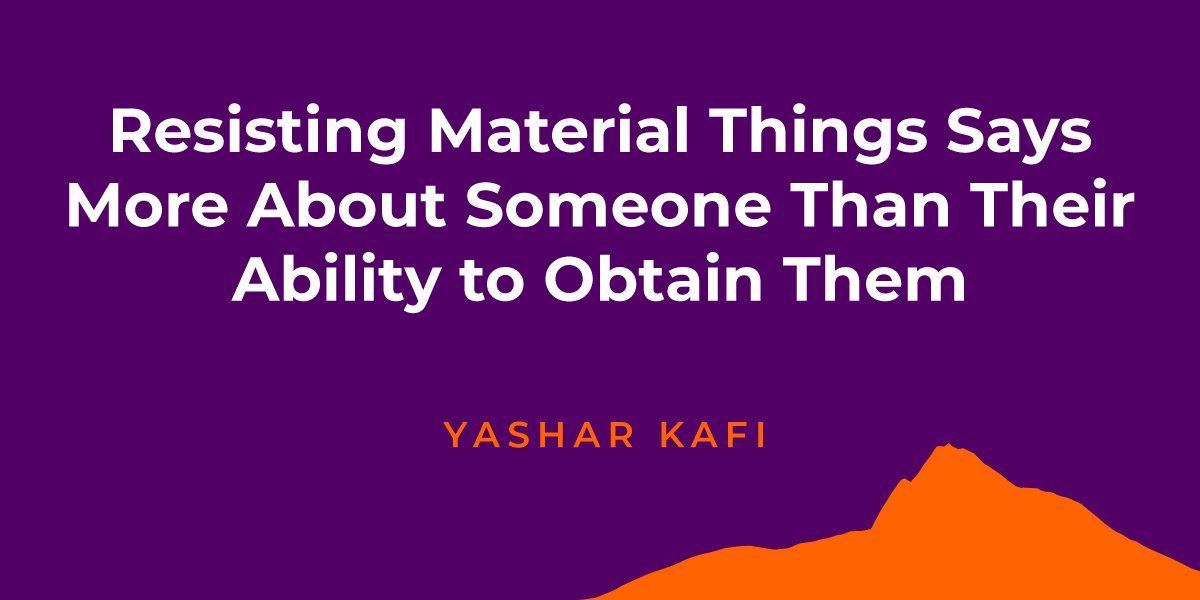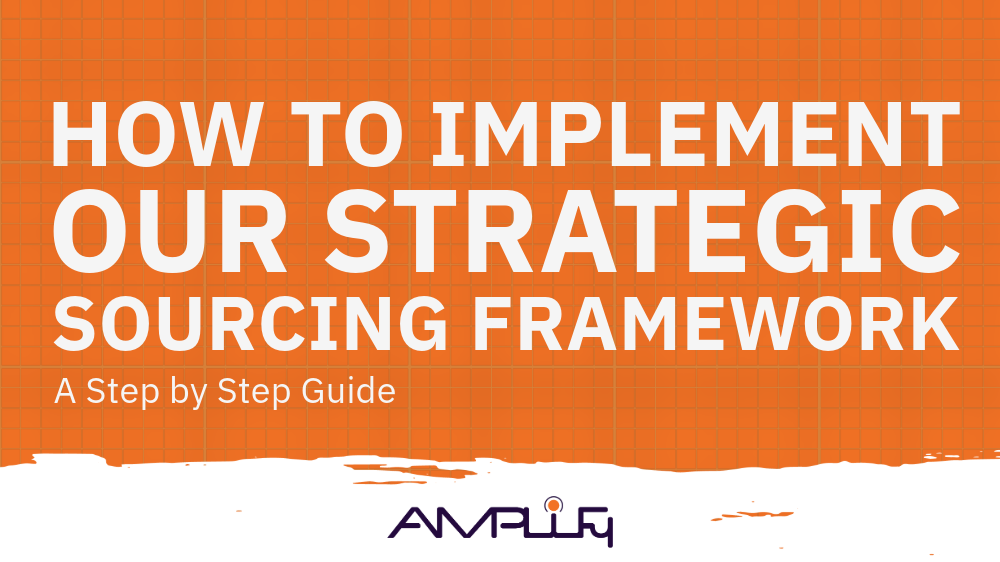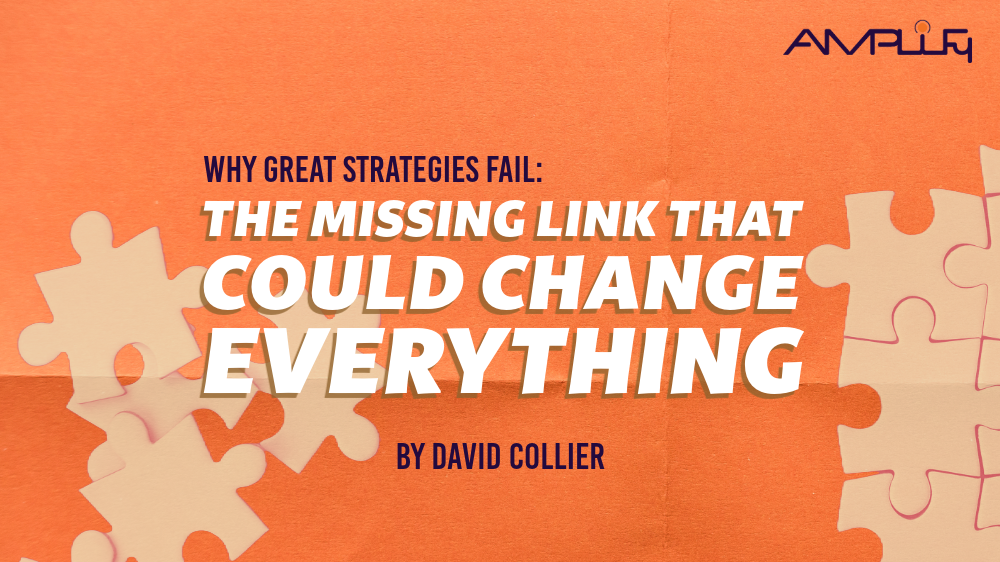Resisting Material Things Says More About Someone Than Their Ability to Obtain Them
During a recent conversation, an idea came up that I wanted to dedicate a whole article to because I feel like the concept is significant and relevant today. While we were talking, I mentioned how I respect people who aren’t materialistic. The conversation then evolved into a discussion that unpacked the possible “whys” behind the reasons I feel such respect for these people.
Basically, this involves the people who can say: “I can have this, but I don’t need to have it to be _______” (insert countless words here—happy, fulfilled, successful, okay). At face value, you simplify it down to avoiding one of what are known as the seven deadly sins: greed.
The art of self-control
Even little kids are taught this healthy concept from a very young age. The more years I am on this earth, the more I realize how far less I actually need than what the world would have me believe. Consumerism is at the core of so much of society and culture today, so what sounds like a simple directive—Don’t be greedy—isn’t made easy by the inundation of material things tempting us to buy them at every turn. We have to exercise some self-restraint.
When people don’t have to own everything (even though they could), it goes beyond self-restraint to the ability to say no to material possessions. It’s much deeper because it reveals an underlying value system of the individual. In short, it’s showing that they have a healthy perspective on material possessions in the grand scheme of life. They really are just things, objects, finite entities. Sure, some things look shiny and cost a pretty penny. And they may reveal to all your neighbors, friends, and anyone who sees you wearing, driving, or owning them that you are well-off financially and can possess most of what you want. But when people don’t feel the need to flash such material items or even own them at all, it shows their value system. Ultimately, people’s choices reveal what they value, which uncovers their character by extension.
And while we’re on the subject, the warning that we often overhear growing up is fitting: Be careful, for what you possess can soon possess you. I never want to become that person who is ruled, controlled, or led in decision-making by material things. This includes money, possessions, all those bells and whistles the world constantly dangles before our eyes (and holds over our heads) in an attempt to keep us on that proverbial hamster wheel.
I respect the people who got off that wheel or never even set foot on it—and I certainly aspire to be one of them.




